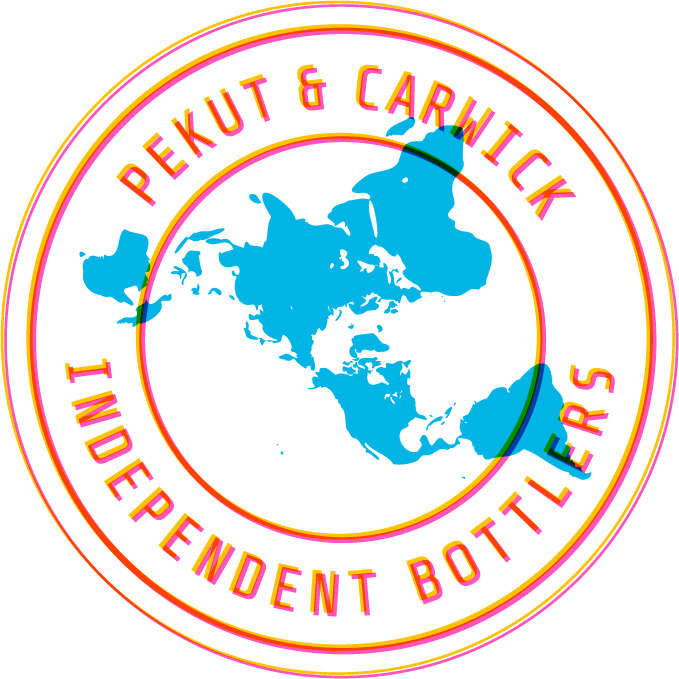Three cheers for the three tiers!

Last year (2020), President Biden signed the Executive Order on Promoting Competition in the American Economy.
Biden's remarks that day began and ended with some light banter, but the 72 specific actions that he undersigned cover lots of ground—from net neutrality to fair poultry pricing. These actions generally encourage a critical look at how unbridled consolidation harms both the economy and the little guy.
As you might have guessed, the distilled spirits industry gets a mention too.
While the results of this executive order on the booze industry are far from clear, the specific language is worth a second look. Among other things, it requests a report on, "patterns of consolidation in production, distribution, or retail beer, wine, and spirits markets."
Why does the report call out production, distribution, and retail so specifically?
Like everything else in the US distilled spirits legal ecosystem, it goes back to Prohibition. Or, more precisely, it goes back to the period just after the 21st Amendment effectively canceled that "noble experiment" and turned over alcohol regulation to state governments.
Production, distribution, and retail are called out because they make up the "three tier system," a post-Prohibition regulatory structure that defines and controls the supply stream of a distilled spirit from its producer (the manufacturer or importer), through a middleman distributor (the wholesaler), to the retailer (a bar, restaurant, or bottle shop).
Each tier may only sell spirits to the next and no one is allowed to operate in two tiers at once. The Iowa Alcoholic Beverages Division published a great 2-minute video that explains the whole thing from the regulatory point of view.
Why split the spirits industry into three tiers?
There are two reasons for this system: (1) to protect the consumer from the predatory tendencies of a vertically integrated manufacturer/retailer tag-team (referred to as a "tied house," this was a big deal for temperance activists), and (2) to make it easier to collect state and federal taxes.
And, because the 21st Amendment leaves the specifics up to state governments, it's no surprise that each state has its own special flavor of the three-tier system. Some states (17 of them, called "control states") support a government monopoly on alcohol sales. Some states allow small distillers and winegrowers to sell directly to consumers.
We won't know the results of Biden's executive order for a while, but who knows? Maybe this is the beginning of a shakeup in the way we buy and sell distilled spirits here in the USA.
Here's hoping any changes that come actually do support the little guy!

